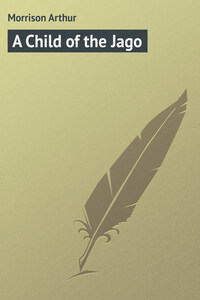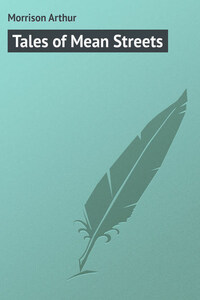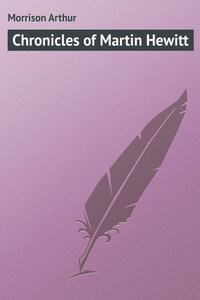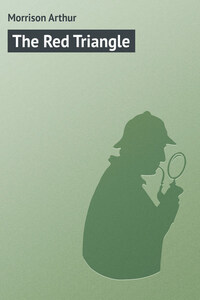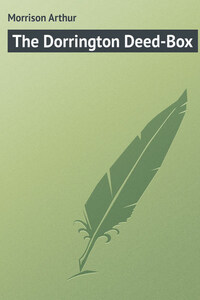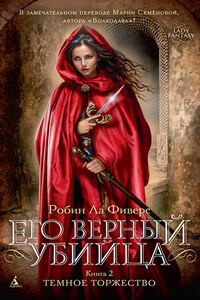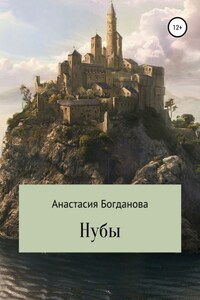PREFACE TO THE THIRD EDITION
I am glad to take this, the first available opportunity, to acknowledge the kindness with which A Child of the Jago has been received: both by the reading public, from which I have received many gratifying assurances that what I have tried to say has not altogether failed of its effect: and by the reviewers, the most of whom have written in very indulgent terms.
I think indeed, that I am the more gratified by the fact that this reception has not been unanimous: because an outcry and an opposition, even from an unimportant minority, are proofs that I have succeeded in saying, however imperfectly, something that was worth being said. Under the conditions of life as we know it there is no truth worth telling that will not interfere with some hearer's comfort. Various objections have been made to A Child of the Jago, and many of them had already been made to Tales of Mean Streets. And it has been the way of the objectors as well as the way of many among the kindest of my critics, to call me a 'realist.' The word has been used sometimes, it would seem, in praise; sometimes in mere indifference as one uses a phrase of convenient description; sometimes by way of an irremediable reproach. It is natural, then, not merely that I should wish to examine certain among the objections made to my work, but that I should feel some interest in the definition and description of a realist. A matter never made clear to me.
Now it is a fact that I have never called myself a 'realist,' and I have never put forth any work as 'realism.' I decline the labels of the schoolmen and the sophisters: being a simple writer of tales, who takes whatever means lie to his hand to present life as he sees it; who insists on no process; and who refuses to be bound by any formula or prescription prepared by the cataloguers and the pigeon-holers of literature.
So it happens that when those who use the word 'realist' use it with no unanimity of intent and with a loose, inapprehensive application, it is not easy for me, who repudiate it altogether, to make a guess at its meaning. Nevertheless, it seems to me that the man who is called a 'realist' is one who, seeing things with his own eyes, discards the conventions of the schools, and presents his matter in individual terms of art. For awhile the schoolmen abuse him as a realist; and in twenty years' time, if his work have life in it, he becomes a classic. Constable was called a realist; so was Corot. Who calls these painters realists now? The history of Japanese art affords a continuous illustration. From the day when Iwasa Matahei impudently arose and dared to take his subjects from the daily life of the people, to the day when Hiroshigé, casting away the last rag of propriety, adventurously drew a cast shadow, in flat defiance of all the canons of Tosa and Kano – in all this time, and through all the crowded history of the School of Ukioyé, no artist bringing something of his own to his art but was damned for a realist. Even the classic Harunobu did not escape. Look now at the work of these men, and the label seems grotesque enough. So it goes through the making of all art. A man with the courage of his own vision interprets what he sees in fresh terms, and gives to things a new reality and an immediate presence. The schoolmen peer with dulled eyes from amid the heap of precedents and prescriptions about them, and, distracted by seeing a thing sanctioned neither by precedent nor by prescription, dub the man realist, and rail against him for that his work fits none of their pigeon-holes. And from without the schools many cry out and complain: for truth is strong meat, and the weakling stomach turns against it, except in minim doses smothered in treacle. Thus we hear the feeble plea that the function of imagination is the distortion of fact: the piteous demand that the artist should be shut up in a flower-garden, and forbidden to peep through the hedge into the world. And they who know nothing of beauty, who are innately incapable of comprehending it, mistake it for mere prettiness, and call aloud for comfits; and among them that cannot understand, such definitions of the aims of art are bandied, as mean, if they mean anything, that art finds its most perfect expression in pink lollipops and gilt boxes. But in the end the truth prevails, if it be well set forth; and the schoolmen, groaning in their infinite labour, wearily write another prescription, admit another precedent, and make another pigeon-hole.
